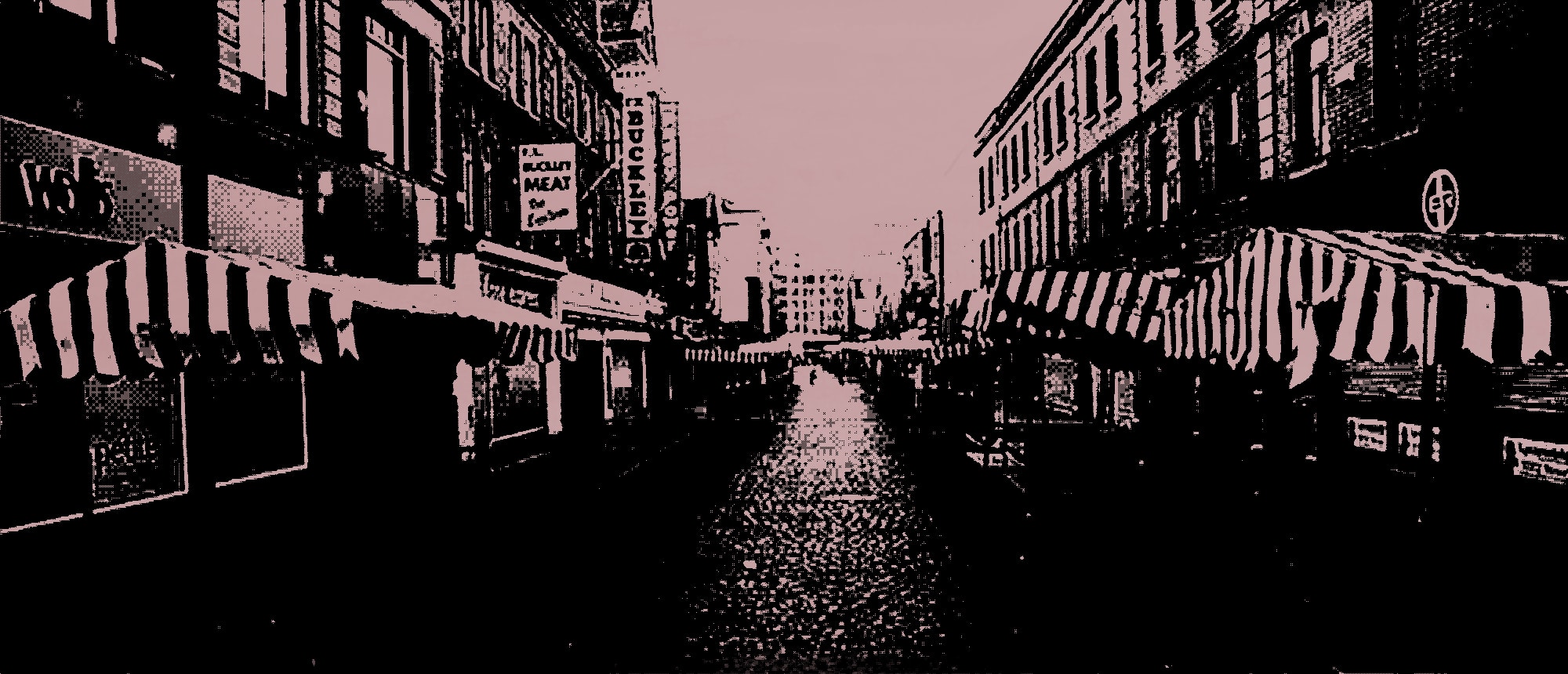How To Avoid An Economic Depression
Whether or not we can avoid an economic depression will be determined by what we do now. Amid the pessimism it is crucial to appreciate that it is possible to avoid this outcome if we deploy all the right levers of economic policy. The European Central Bank (ECB) has underwritten the economy at borrowing rates below zero. As a result there should be no hesitation in borrowing more to tide us over.
We can also reprice existing debt to dramatically reduce the cost of outstanding debt, and we can boost demand to cushion the slump by putting money directly into people’s and businesses’ accounts.
Dropping money into accounts is the same as giving a tax cut, which is something we are accustomed to. We don’t seem to twig that money in our back pocket is the same whether it’s gifted to you in a direct payment or a tax cut. Much of our resistance to new ideas is conceptual as much as logical. This is not limited to economics.
The battleground for the economy is the small business sector, where not only the future of the economy lies, but also the fortunes of the new government. The small firms sector – companies with 50 staff or fewer – employs half of all Irish people. Such companies depend on cash flow, having neither deep reserves of cash nor access to investors’ funds.
Where assets are owned they are typically not liquid, perhaps consisting of a premises or specialist machinery, and are not easy to sell when cash is short. Small businesses tend to operate in highly competitive markets, such as hospitality and tourism, with slender margins.
Slender margins come back to modest capital, the perennial curse of the small business.
Where a company can charge a lot, generating margin, it normally has a unique product or some permanent comparative advantage. Such a company is tending towards monopoly, which is what all companies want, but usually they are reined in by their competitors.
In this way small companies are kept small by other small companies. Although there are examples of companies that break out, typically small companies swim in the same crowded stream.
Balance sheet
Access to capital is usually the crucial determinant of whether a company breaks away from the crowd. If you see a company growing much faster than its competitors in a highly competitive market, quite apart from the ambitions of the owner, you can bet that its balance sheet is more leveraged than the others.
A fast-growing company in good times is normally a fast-contracting company in bad times. In general, though, small businesses don’t break away from the pack as they are hemmed in by the forces of competition. However, they can be profitable, and they employ lots of people because they tend to be labour-intensive.
Small business owners are regularly vilified by low-grade ideologues and even lower-grade members of the intelligentsia, heroic. Though not big enough to join Ibec, and not represented by Ictu, they are the people who take the risks, and who turn off the lights when everyone else has gone home.
In James Joyce’s time they used to be called the civic bourgeoisie. Joyce, the arch modernist, championed this tribe by making his everyman hero, the ever-anxious, Leopold Bloom, a self-employed advertising copywriter.
Without them there is no economy. You can’t run an economy with multinationals and civil servants alone. You need the domestic private business sector in the middle.
In terms of the nitty-gritty, small businesses have fixed and variable costs. The variable costs are largely wages, and the fixed costs are loans, premises, rents and taxation. The ratio is usually about 60 per cent wages, and 40 per cent fixed costs. There are variations, but that’s a fair rule of thumb. Maybe in hospitality it’s higher in the wage side.
Up to now the Government has looked after the variable costs bit with its wage subsidy. But there’s no help on the fixed cost side to prevent small businesses going bust.
Today small businesses are drowning because they have no income. They have been shut down by the virus. No income with fixed costs to pay means bankruptcy and a run on cash. Creditors don’t get paid; they in turn can’t pay their creditors; and a debt spiral becomes inevitable.
Recognising this, the UK government last week announced that it would underwrite small business loans up to £50,000 at the same historically low interest rates afforded to the government. This is a big move that will be financed by the central bank.
The UK government will bear the short-term risk that some companies will go bust; the majority will not, precisely because they now have access to credit. It is a short-term loan, not a grant. It is administered by the UK banks in the normal way, except the banks will not be making their usual interest rate cut. In effect the banks have been subordinated to the UK government’s will for the duration of the crisis.
We should do exactly the same. The ECB has already made the cash available to the State and the banks at -0.75 per cent. It has also instructed all banks to stop giving out dividends to shareholders, signalling that capitalism has been suspended. It is urging us, via our Central Bank, to act.
The Irish Central Bank could immediately facilitate the repricing of all loans to zero. Technically the ECB has made this possible by a monetary instrument called a targeted longer-term refinancing operation (TLTRO), which gives credit at 0 per cent to banks.
The Irish State owns 70 per cent of AIB. It could instruct AIB to reprice all SME loans and mortgages to 0 per cent.
If the banks are worried about depositors not getting paid interest, the Irish Central Bank could make available one rate for depositors and one for debtors. The rate could be 1 per cent for depositors and 0 per cent for borrowers – a concept called dual interest rates.
Carry the cost
Then, you may ask, won’t the Central Bank have to carry the cost? Well, yes it would, but central banks can’t go bust. Have you ever seen a central bank go bust?
They don’t have balance sheets like normal banks. They can generate interest income for the banks indefinitely – that’s the magic of central banking. They make free money when they print the stuff. Its called seigniorage in monetary economics. Equally, they can run losses for as long as it takes the economy to recover. In an earlier career when I worked as an economist in the Central Bank we ran all these crisis scenarios.
All these options are still open. The only difference now is that the ECB is the lender of last resort, and it has already indicated that it will pick up the tab at less than zero interest rates.
There is no time to waste. The Central Bank has to act now, and the new government must make saving small businesses its number one priority.

